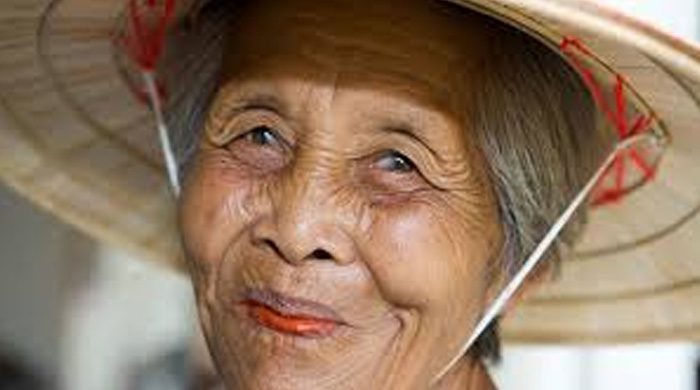Okinawans Were Healthy Until They Stopped Eating A Plant-Based Diet

The people of Okinawa archipelago in Japan had one of the longest lifespans and and lowest disease rates in the world until they stopped eating a plant-based diet or a diet close to it.
The traditional diet of the Okinawa population was centered on the consumption of purple and red potatoes, green and yellow vegetables, soy-bean based foods, and medicinal plants.
They did eat some animal-based products but they were a minimal part of the diet. Less then 1% of their diet was meat. 1% of their diet was from fish. Less then 1% was from eggs and dairy.
96% of the Okinawan diet was plant-based, and a little more than 90% of the diet was from whole food plant-based.
Their diet was a highly anti-inflammatory and antioxidant diet which supported health and longevity resulting in many Okinawans living healthy past a hundred years old.
Compared to the United States the Okinawans had:
- 8-10 times fewer heart-disease deaths
- 7 times fewer prostate cancer deaths
- 5 1/2 times fewer breast cancer deaths
- 2-3 times fewer colon cancer deaths
The Westernization of Okinawa changed their dietary habits and in two generations the Okinawans have become the fattest people of the Japanese population, when once they were the leanest.
If becoming fatter didn’t effect person’s health then it might not matter that they became fatter, but becoming overweight or obese is associated with diseases like stroke and cancer.
The Okinwans increased their meat and processed food intake and their consumption of natural carbohydrates dropped from 85% to 58% of their diet.
Their saturated fat intake tripled, protein consumption went up from 9% to 15%, cholesterol intake went from 0 to 159mg daily, their sodium intake tripled, and their potassium intake decreased by more than half.
Needless to say their health and longevity suffered. Okinawan health professionals are now trying to get Okinawans to eat the traditional Okinawan way.






